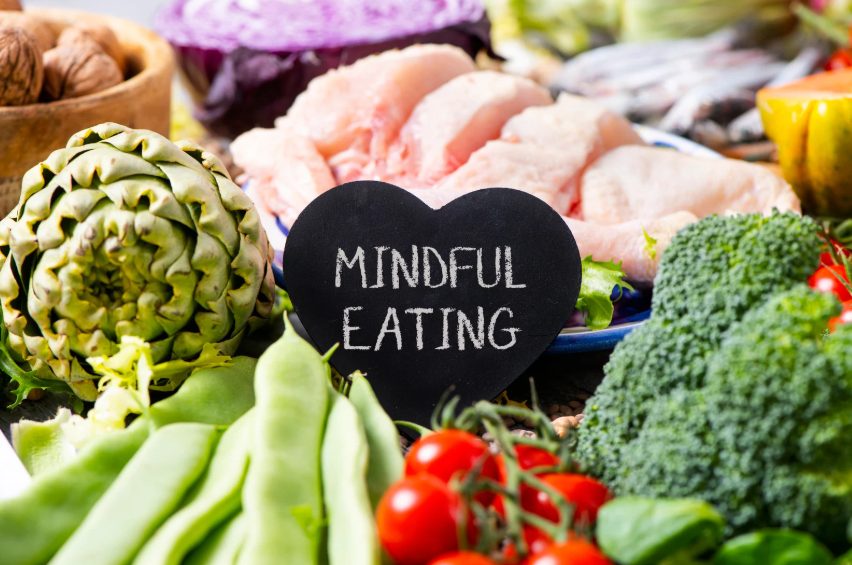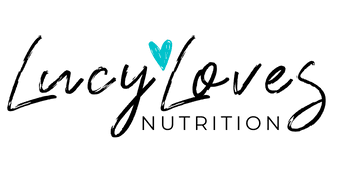Struggling with Acid Reflux? Here’s How to Tackle It Naturally
If you’re constantly battling that burning sensation in your chest, an acidic taste in your mouth, or discomfort after eating, you’re not alone. Acid reflux is incredibly common, but that doesn’t mean it should be dismissed as “normal” or left to linger long-term.
Many people reach for antacids or are prescribed proton pump inhibitors (PPIs) for quick relief. While these can mask symptoms temporarily, they often don’t address the root cause and long-term use may create further imbalances in the digestive system. If you’re looking for natural acid reflux relief, it’s important to take a deeper look.
Understanding the Root Causes of Reflux
Reflux is often assumed to be caused by too much stomach acid, however this is a common misconception. In reality, low stomach acid is frequently to blame. When acid levels are too low, food isn’t properly broken down, which can lead to fermentation in the stomach. This creates pressure, which pushes acid up into the oesophagus, causing that familiar burning sensation.
There’s also the lower oesophageal sphincter to consider a small muscle that acts as a valve between the oesophagus and stomach. When this muscle weakens or relaxes at the wrong time, it allows stomach contents to escape upwards.
Why Timing Matters Too
It’s not just about how much acid your stomach produces, timing plays a crucial role. If stomach acid is released too late (a common issue when digestion is sluggish or the nervous system is dysregulated), food may sit in the stomach too long, contributing to bloating, gas, and upward pressure. Supporting the correct timing of stomach acid production is just as important as supporting the quantity.
5 Ways to Find Natural Acid Reflux Relief

If you’re keen to explore natural support for reflux, here are some strategies I often use with clients in my nutrition and gut health programmes:
1. Chew Your Food Properly
Chewing thoroughly helps activate enzymes and kickstarts the digestive process. It’s one of the simplest, most effective ways to reduce pressure on your digestive system and reduce the risk of reflux. I often say to aim for baby food consistency before you swallow!
2. Eat in a Relaxed State
Stress puts the body into “fight or flight” mode, which shuts down digestion. Taking a few deep inhales and longer exhales before meals, eating away from screens and creating a calm eating environment all help activate your “rest and digest” response.
3. Consider Meal Timing
Eating large meals too close to bedtime can increase reflux symptoms. Try to eat your evening meal at least 2-3 hours before lying down and consider smaller portions if you’re prone to reflux at night.
4. Be Smart About Food Triggers
Certain foods – like coffee, alcohol, citrus, tomato, chocolate and spicy dishes can irritate the oesophagus. But it’s not about banning everything. Through a personalised approach, we can identify your unique triggers and avoid unnecessary restriction. It may be that you can tolerate them in smaller quantities earlier in the day.
5. Support Digestion at the Root
In my clinic, I support clients with tools to gently promote healthy stomach acid levels and digestive function. Where appropriate, I use targeted supplements to help strengthen digestion and reduce reflux naturally. These are always chosen based on individual needs.
Thinking of Coming Off PPIs?
If you’re currently taking proton pump inhibitors (PPIs), you might be wondering if they’re still serving you in the long run. Many people are prescribed PPIs for symptoms like heartburn or indigestion, often without a clear long-term plan. While they can be helpful in acute situations, long-term use may not be addressing the underlying cause of acid reflux and in some cases, it may be making things worse.
One key reason why it’s important to seek guidance when coming off PPIs is because of something called rebound reflux. This is a temporary increase in stomach acid production when you stop taking the medication, which can make symptoms feel even worse than before. Without the right support in place, this can lead people to believe they “need” the medication for life when in fact, the body may just need help rebalancing.
Why Might You Want to Come Off PPIs?
If it’s safe to do so and always in collaboration with your GP, coming off PPIs can offer some long-term benefits, including:
- Improved nutrient absorption (long-term use can affect absorption of iron, B12, magnesium and calcium)
- Better protection against infections (low stomach acid reduces defence against pathogens like H. pylori)
- A return to natural digestion and improved gut motility
- Relief from side effects like bloating, fatigue or food sensitivities that often get worse over time
Could Low Stomach Acid Be Behind Your Symptoms?
It’s often surprising to people, but low stomach acid is a common root cause of reflux – especially the “silent” type (which I explore more in this blog post on silent reflux).
Low stomach acid can also lead to:
- Bloating and fullness after meals
- Gas and burping
- Undigested food in stools
- Food sensitivities or poor tolerance to protein-heavy meals
- Constipation or sluggish bowels
- Nutrient deficiencies (especially B12, iron and zinc)
- Skin issues or chronic fatigue
This can be caused or worsened by:
- SIBO (Small Intestinal Bacterial Overgrowth)
- Chronic stress, which shuts down stomach acid production
- Ageing, as stomach acid naturally declines with age
- Long-term PPI or antacid use, which suppresses normal acid production
A Gentle, Guided Approach
I use a personalised, root-cause approach to support clients looking to reduce or stop PPI use where appropriate. This includes building digestive resilience first, working on meal timing, nervous system support, stomach acid regulation and targeted strategies that ease the transition and reduce the risk of rebound.
If you’re thinking about reducing your reliance on PPIs and want to do it safely and strategically, I offer free discovery calls to explore how we can work together.
Click here to book your call and start your journey toward lasting digestive relief.
This article is for informational purposes only and isn’t intended to replace medical advice. While nutritional approaches can significantly reduce symptoms for many, they’re not a replacement for medical care when needed. Always consult your GP or healthcare provider before making significant dietary changes, particularly if you have existing health conditions or take medications.
